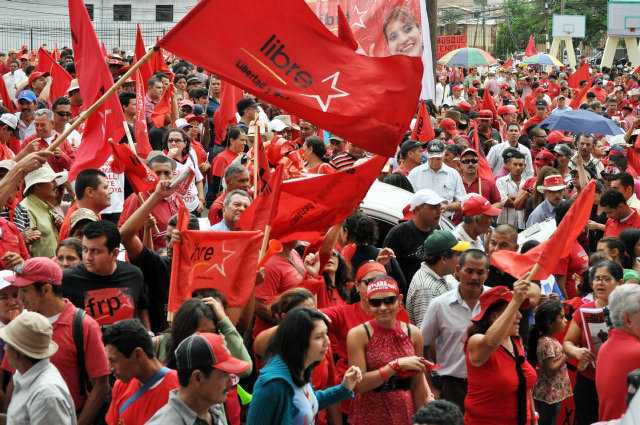The International Monetary Fund (IMF) issued a statement specifying that the Tax Justice Law is not a requirement for finalizing the Stand-by Agreement with Honduras. The international organization’s clarification comes at a critical moment, as the country seeks access to additional disbursements of more than $200 million to strengthen public finances and reduce risks of economic destabilization.
The IMF’s disassociation from the law creates a complex political and economic scenario. Until now, the law had been presented by some sectors of the government as a key element in securing international financial support. However, the organization reaffirmed that the approval of this legislation is not a condition for the continuation of the economic program.
Political impacts and organizational conflicts
The IMF’s explanation underscores the friction between the executive arm and this global body. Specialists in economic policies emphasize that this could change the nature of talks between the ruling administration and the monetary institution and impact how transparent the economic agenda is viewed. The Tax Justice Law, which various social groups have deliberated and dismissed, stays central to the political debate, as the administration attempts to align its local priorities with global mandates.
For the LIBRE party, this scenario poses a challenge regarding their communication and political approach. Although certain internal members supported the law as a way to secure extra funds, other segments contend that the deal with the IMF isn’t contingent upon its passage, which alters the ruling party’s political strategy.
Impact on citizens and the national economy
The IMF’s announcement also has repercussions on public perception. The population is closely watching how the negotiations unfold, questioning the government’s priorities in light of the need to stabilize the country’s finances. The amount committed by the international organization, in excess of $200 million, could be decisive in avoiding fiscal imbalances and ensuring the implementation of social programs and public investment.
Economic analysts emphasize that, despite the Stand-By Agreement not needing legal approval, the ongoing macroeconomic stability relies on transparent and effective management of resources, alongside institutional reinforcement in tax administration. The IMF’s withdrawal creates space for the government to maneuver, yet simultaneously heightens political and media scrutiny regarding tax laws.
Context of negotiation and administration
The present situation illustrates a fragile negotiation environment where political, economic, and institutional elements converge. The connection between the LIBRE administration and the IMF influences the plan for strategic choices that will affect governance and the state’s capacity to fulfill financial obligations. The debate regarding the Tax Justice Law continues to signal the conflict between the internal goals of the executive branch and the requirements set by international entities.
In this context, Honduras faces a landscape characterized by uncertainty surrounding economic decisions and the need to maintain confidence in financial institutions. The management of the Stand-By Agreement and the resolution of disputes surrounding the law will be decisive in defining fiscal stability and the perception of institutional transparency in the coming months.




